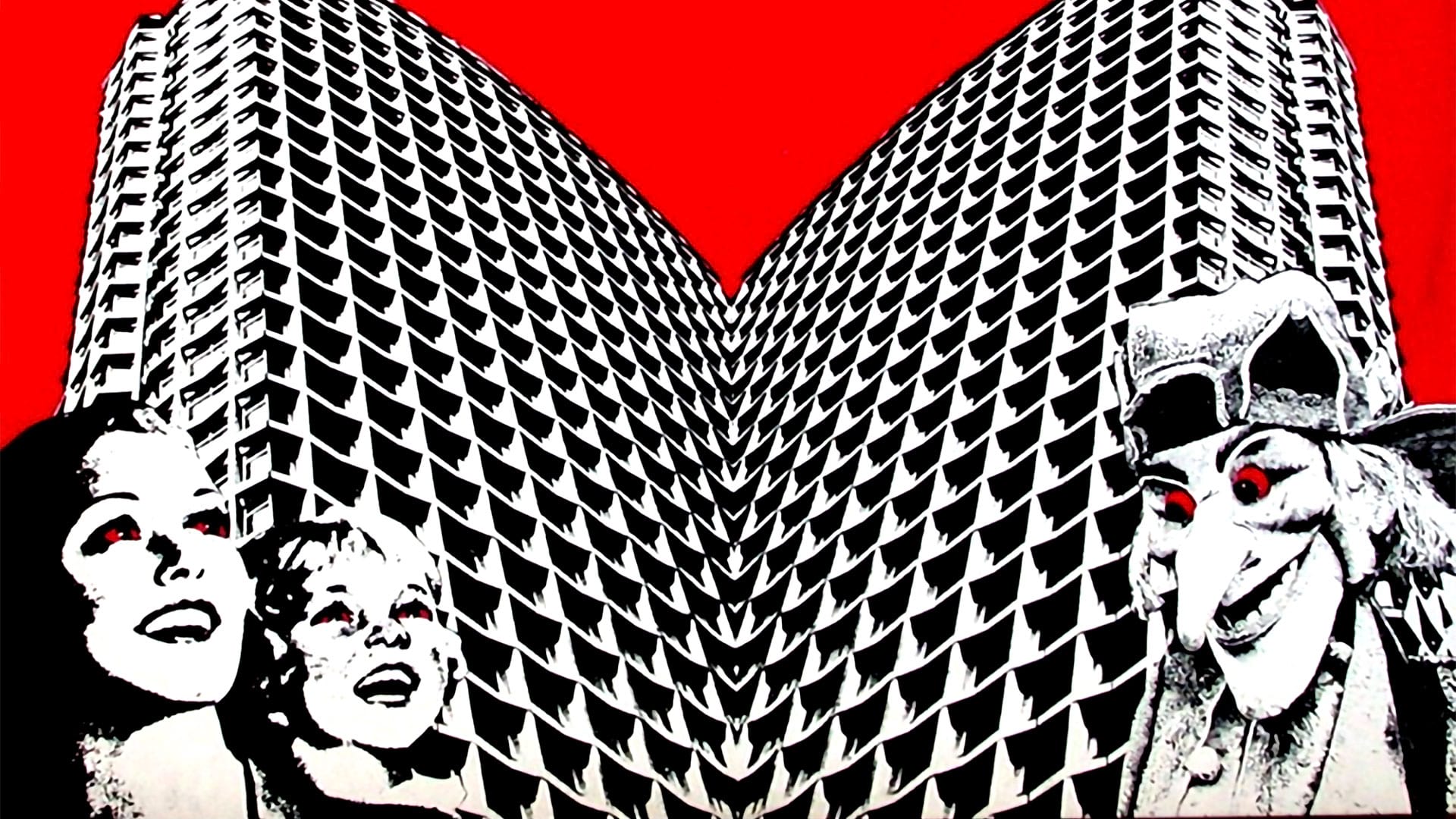We are the only honest band. You try to find another band that's got true, honest feeling. Not fashion, girls, things that are going to get them in the Top 10. That's rubbish, all of it. Our motives are to become as much ourselves as we possibly can.
What do you think we are? Entertainment? Go on at 10 o'clock and switch on just like the record? We're human beings. We play as we feel. Tough fuckin' nana. We don't give a fuck about the bourgeois cunts at the back. The people we really play for are the ones who follow us to every gig, good or bad. That primitive feeling, there's something we've got that they need.
Jaz Coleman, Killing Joke interview, Sounds, August 1980
KILLING JOKE released Turn to Red, their debut, on this day in 1979 through Malicious Damage, the label formed by the band with Mike Coles.
Turn to Red was reissued less than two months later by Island Records, retitled Almost Red with an additional song of the same name.
They aren't "political" in any dogmatic way but our Prime Minister has managed to get under their skin - they brought her name up repeatedly and although she's never mentioned in their songs last summer she inspired the first Killing Joke composition, Are You Receiving.
It says: "We got nothing at all/This is life in the fall/We keep searching for the positive/We're using everything."
Sounds, August 1980
John Peel was sent an advance copy of Turn to Red and quickly arranged a session which aired 22 October 1979.
I think that most bands in the 80s had a specific sense of musical direction and fairly specific musical origins and with fairly direct reference points. We've always been fairly direct and deliberate about our references from the early days on but ours have always been a lot more eclectic. From the early days on we were bringing in disco, punk, dub, metal . . . all those elements were present but it does change from then to the 'Love Like Blood' more melodic, synth era to the much more heavier classic rock sounding Pandemonium and then we had the heavier, techno, industrial white-out phase. We've made a contribution to all those genres in a way but because we've spread ourselves across the spectrum and it's not been in an obvious or predictable way, that does mean we have been overlooked a little bit. Or not taken so seriously. I say that but we do get kudos from our contemporaries today but we certainly didn't in the 80s. Then we were dismissed as just . . . dirge.
Jaz Coleman, Killing Joke interview, The Quietus, 2010

